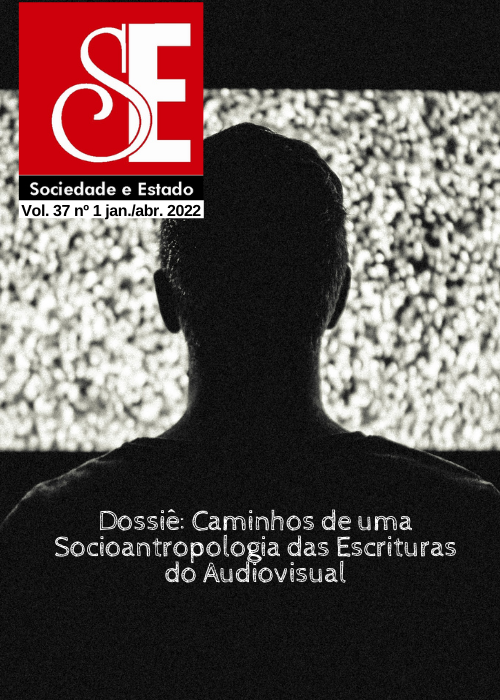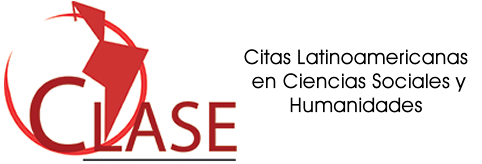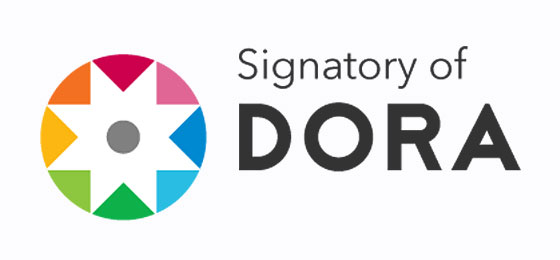Os desafios contemporâneos para a democratização em países em desenvolvimento: a classe média autoritária
DOI:
https://doi.org/10.1590/s0102-6992-202237010015Keywords:
democratização, classe média, opinião pública, comprotamento político, autoritarismo, capitalismo de EstadoAbstract
For the main theories on democratization (modernizing and redistributive), the middle class plays a central role. On the one hand, it is considered a modernizing and liberal actor, on the other, it is seen as the force that facilitates the mobilization of other classes in favor of democracy. However, in recent decades, we have observed countries where the rise of the middle class has not translated into democratization, a phenomenon that poses new challenges for democracy analysts and political scientists in general. The most recent work by political scientist Bryn Rosenfeld, "The Autocratic Middle Class: how state dependency reduces the demand for democracy" (2021, 296 pages, still without translation into Portuguese), is one of the first dedicated to seeking to understand why the new class The average autocratic developing country has not become a democratizing actor. Our intention in this essay is to present this recent and innovative research to the Brazilian academic audience, with a focus on the author's methodological approach.
Downloads
References
Rosenfeld, Bryn. The autocratic Middle Class: how state dependency reduces the demand for democracy. Princeton: Princeton University Press, 2021.
Downloads
Published
How to Cite
Issue
Section
License
Copyright (c) 2022 Sociedade e Estado

This work is licensed under a Creative Commons Attribution-NonCommercial 4.0 International License.




.jpg)



















